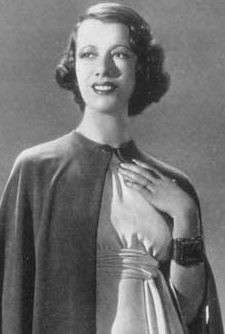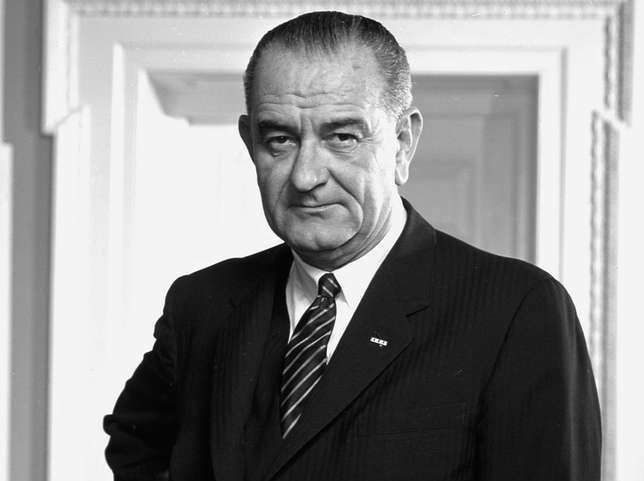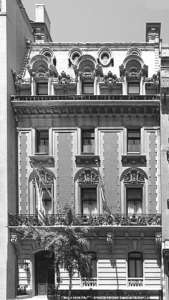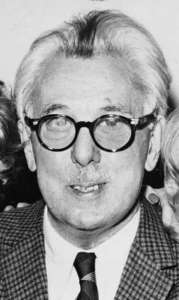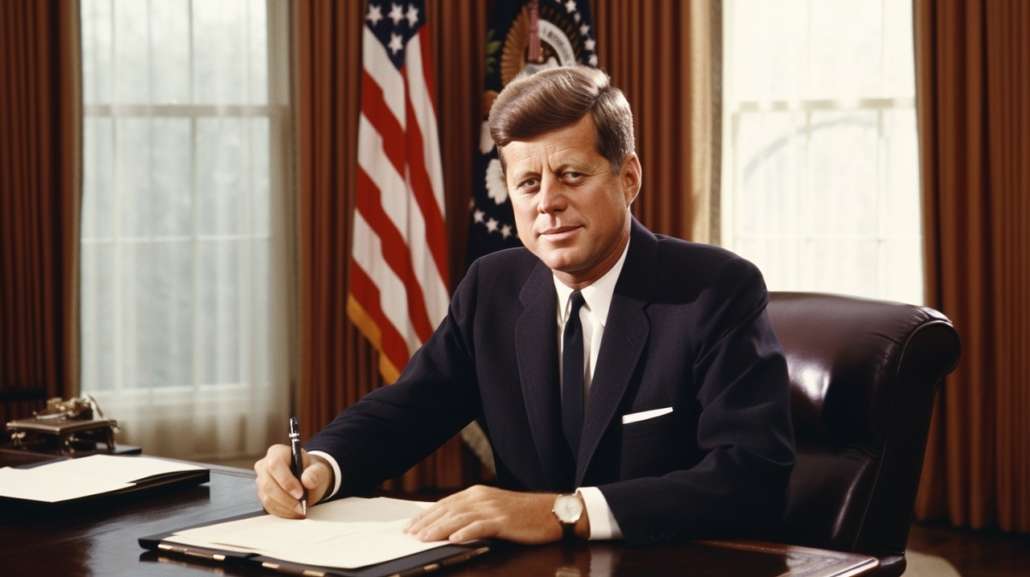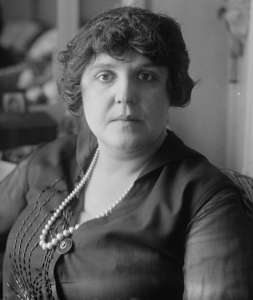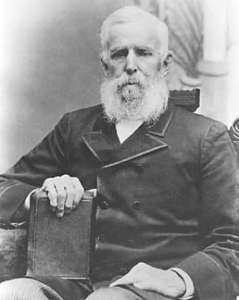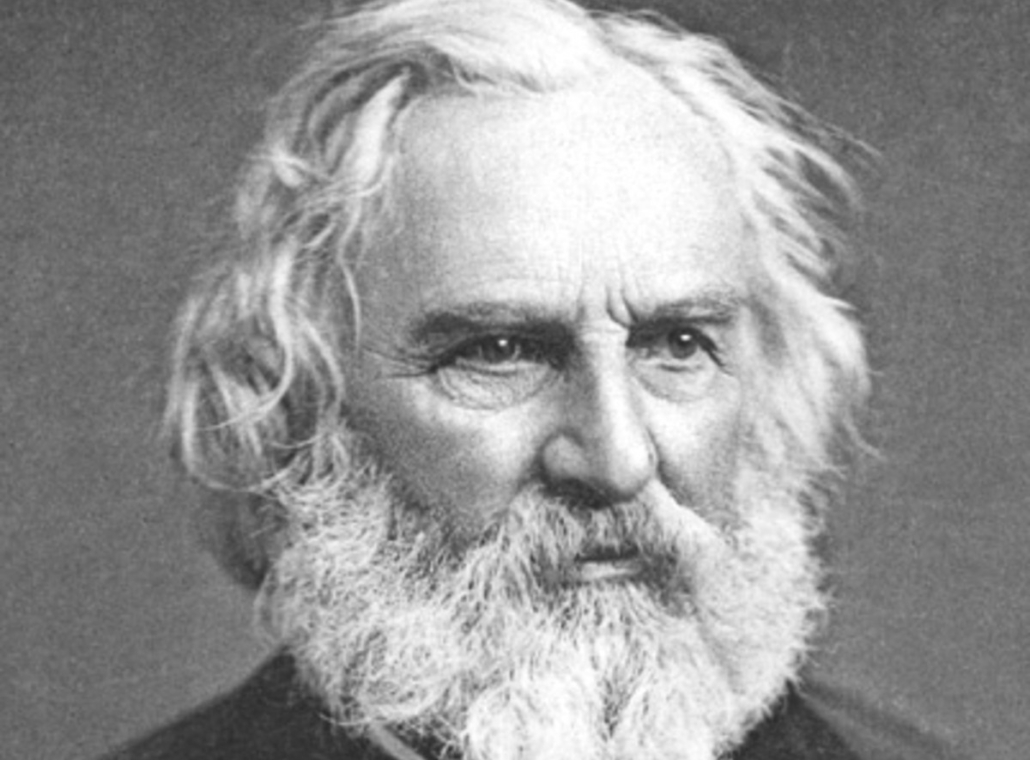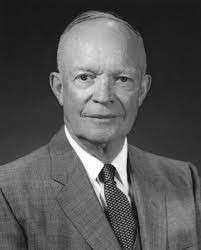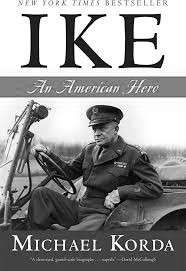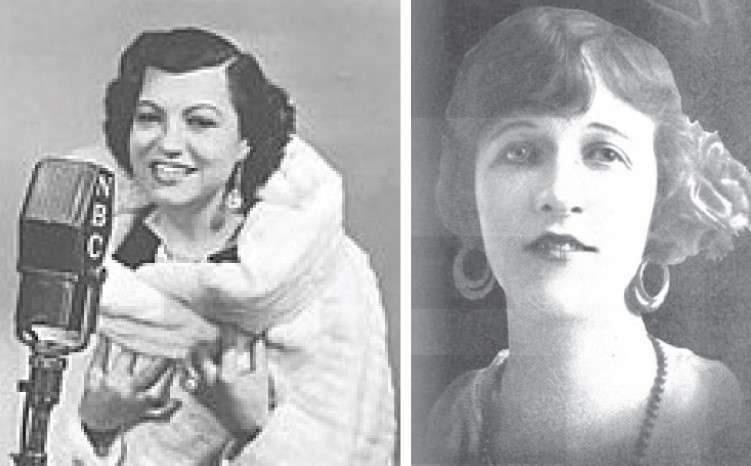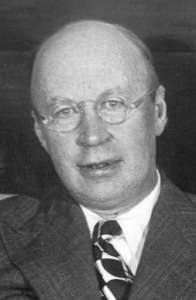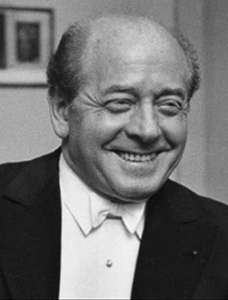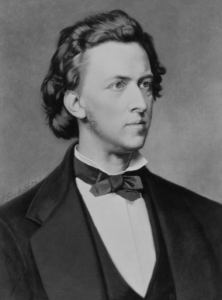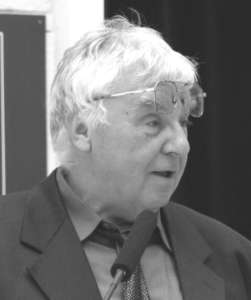REVIEW POTPOURRI – Soprano: Lily Pons
 by Peter Cates
by Peter Cates
Lily Pons
Soprano Lily Pons (1898-1976) sang at the Metropolitan Opera at least 300 times between 1931 and 1960 and had a knack for using mass media to advance her career.
My first exposure to her was via a Columbia 45 rpm extended play album that Mother played at home and which went in one ear and out the other, since my opera musical sensibilities were pretty limited during second grade (I did give every record in the house a listen, being a record-holic since the age of two, if not earlier.).
However, in seventh grade, I was developing a love for classical music and was gifted a pile of 78s by a family friend that included her Victor shellac of Caro Nome from Verdi’s Rigoletto and a Columbia Masterworks 78 set featuring 4 Arias from Donizetti’s Daughter of the Regiment.
I played these numerous times and find them generally unsurpassed . Lily Pons sang with exquisite delicacy, her trills and high notes were technically phenomenal and she was quite knowledgeable about the history of the operatic literature.
Evidence of this is the fascinating essay she wrote about the background of the Daughter of the Regiment, the sopranos who performed it in earlier years and its technical challenges, that was included with the 78 set on Columbia.
She recorded numerous sides for Victor Red Seal during the 1930s before signing with Columbia around the time of her marriage to conductor Andre Kostelanetz (1901-1980) in 1938. As her Columbia discs were best sellers, Victor released a set of her earlier records for them in 1943 in the certainly justifiable attempt to capitalize on her success with Columbia and one in which she would also benefit.
The set, Victor Red Seal M-702, consisted of three 12-inch 78s and a 10-inch one, and very fragile; the mix of different lengths by manufacturers even in an album with cardboard insulation around the records themselves was not particularly conducive to the prevention of breakage.
The contents were a combination of arias from operas of Mozart, Rossini, Rimsky-Korsakov, Ambrose Thomas and, of course, Verdi and three semi-classical concert pieces, including a very beautiful Last Rose of Summer.
Operatic high points were an aria from Mozart’s Abduction from the Seraglio, currently my favorite Mozart opera, and duets with baritone Giuseppe De Luca (1876-1950) in Verdi’s Rigoletto and Rossini’s Barber of Seville. The other selections failed to make an impression despite her vocal prowess, especially the Rimsky Le Coq D’Or Hymn to the Sun in which her trills and gentle dynamics failed to communicate the haunting Oriental mystery of that Russian opera aria.
Pons and Kostelanetz divorced in 1958. During the ‘50s and early ‘60s, she made guest appearances on such TV shows as the Ed Sullivan Show and What’s My Line.
Lily Pons died of pancreatic cancer in a Dallas, Texas, hospital in 1976. She was 77.
Legendary saxophonist Charlie Parker once compared the lyrical beauty of fellow musician Johnny Hodges in his own playing of the soprano sax in Duke Ellington’s band to the singing of Lily Pons.
Many of her recordings and broadcasts can be heard on YouTube.


